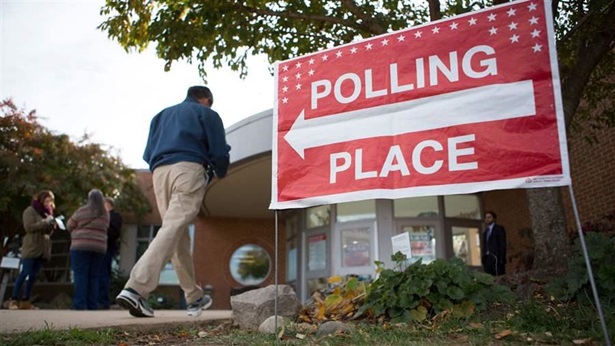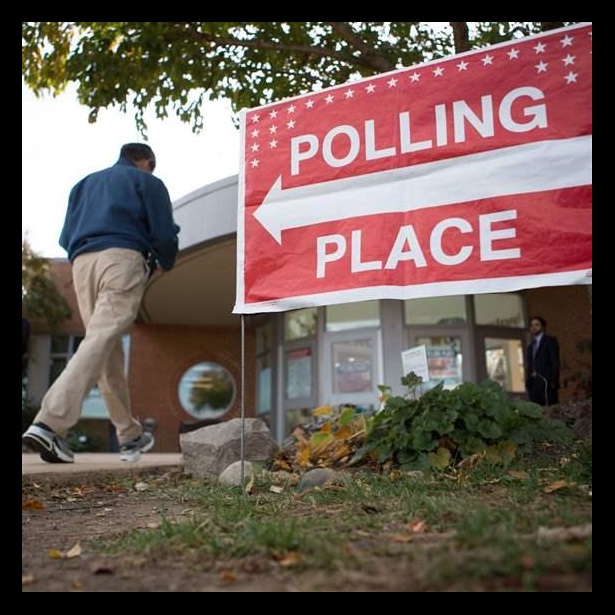Recap: Pew’s Voting Information Tools
This Web page has been updated to include the latest partners working with the Voting Information Project and The Internet Association to help voters get to the polls.
The Voting Information Project (VIP) will support at least 15 statewide and municipal elections on Nov. 3, including statewide races in Kentucky, New Jersey, and Virginia. VIP ensures that voters can access official election information for all races, big and small, through a variety of platforms. This cycle, voters and organizations have two new options for accessing this information:
Get to the Polls: This website’s search tool, developed through a joint initiative of VIP and The Internet Association, helps voters find polling place hours and locations, as well as sample ballots. Major online, social media, and other organizations promoting this year’s initiative include Amazon Web Services, Facebook, Foursquare, Google, MTV, Starbucks, and Twitter. Last year’s Get to the Polls site received 8 million visits over two weeks, mostly on Election Day.
Texting tool: Voters can text “VOTE”—or, for Spanish speakers, “VOTO”—to GOVOTE (468683), VIP’s recently released SMS resource, to receive polling place hours and locations, contact information for local election officials, and registration website links.* The tool is available to all interested organizations at no charge, and voting information is provided in English, Spanish, Chinese, Hindi, Japanese, Khmer, Korean, Tagalog, Thai, and Vietnamese.
Additionally, voters and organizations can continue using VIP’s white-label Voting Information Tool, also available in those 10 languages, as well as its iOS and Android apps.
VIP, a project of The Pew Charitable Trusts, is a partnership with the states and Google to ensure that American voters have the official information they need to cast a ballot, such as where to vote and what’s on the ballot.
*By sending a text message to Pew, you consent to receive voting information via texts from an automated system. This is a free service, but standard text message rates may apply. You may revoke consent by contacting Pew, including by texting STOP.
Follow us on Twitter using #electiondata and get the latest data dispatches, research, and news by subscribing today.













